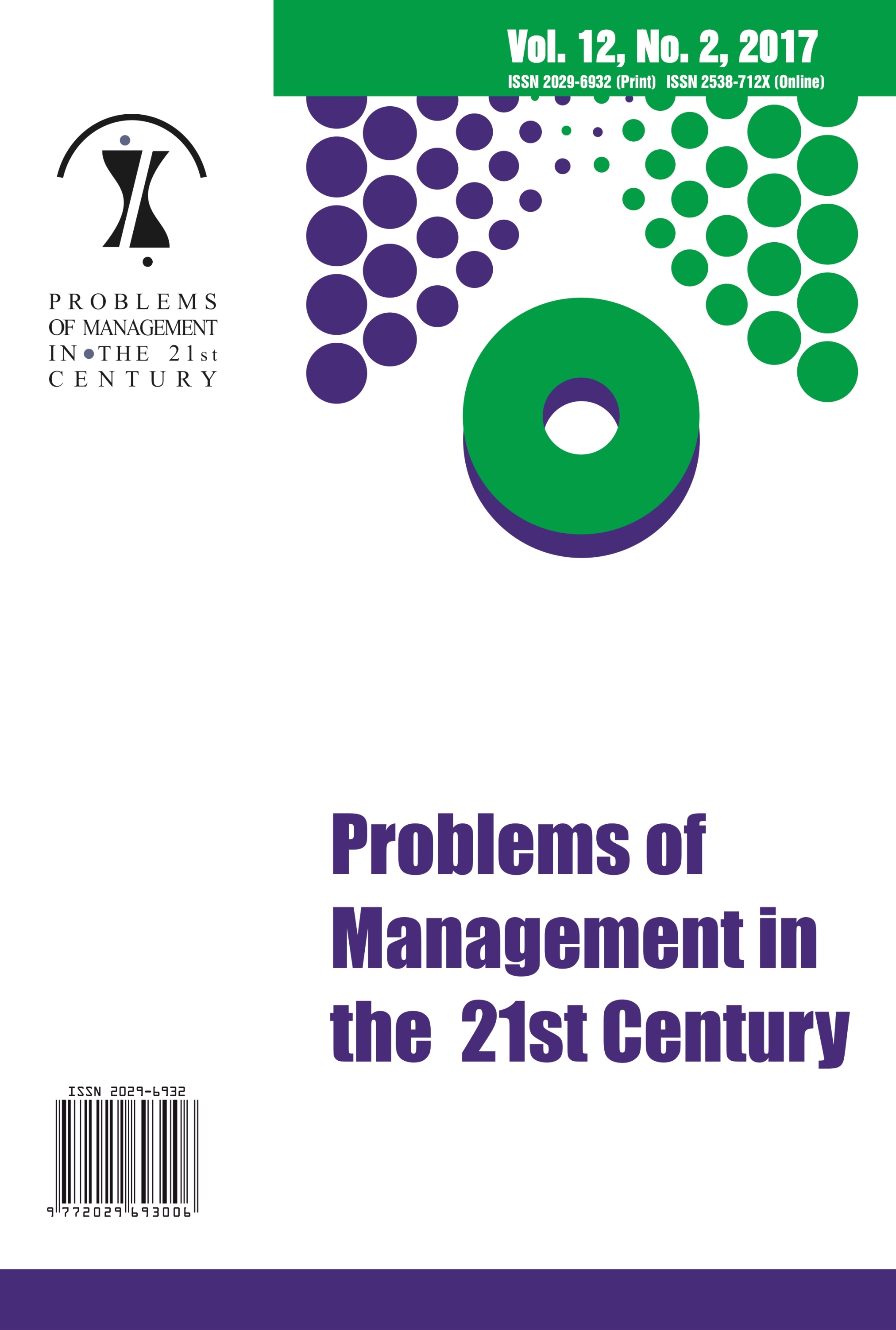MANAGING THE RISK OF VIOLATING HUMAN RIGHTS UNDER INDUSTRIAL RESETTLEMENT PROGRAMS
MANAGING THE RISK OF VIOLATING HUMAN RIGHTS UNDER INDUSTRIAL RESETTLEMENT PROGRAMS
Author(s): Luca Bussotti, Rui da MaiaSubject(s): Economy, Business Economy / Management, Human Rights and Humanitarian Law
Published by: Scientia Socialis, UAB
Keywords: resettlement practices; social gatherings; multi-factorial phenomenon;
Summary/Abstract: The purpose of this reflection is understanding what approaches towards human rights are applied in the case of industrial resettlement programs, and, to investigate what policy could be employed to better protect rights of people who experienced un-voluntary relocation event caused by industrial pressure in the context of Sub-Saharan Africa. From the 1980s, international organizations as the World Bank and almost all the continental development banks (as the Asian, the Inter-American and African ones) have formally established and implemented guidelines to effectively and efficiently manage resettlements. Nevertheless, resettlement practices “have only been concerned with providing cash compensation or addressing the need for replacement housing, without giving adequate attention to all the other dimensions of life that are affected by being resettled” (Vanclay, 2017: 3). For instance, in a case of a successful resettlement in Mozambique (the case of a new water supply network in Matola, Province of Maputo, carried out by the public FIPAG), the market value of each tree was assessed only according to its age. This procedure formally respected human rights, however it still ignored in great part, the cultural and subjective values that people could attach to their trees. For example, it neglected that under a given tree, a family could have been celebrating religious ceremonials, put his relatives to rest, drank traditional alcoholic drinks during social gatherings, etc. (Taibo, 2017). In addition, even according to the best practices standards, resettlement is still rarely considered as a complex and multi-factorial phenomenon. This in turn, creates suffering for the locals who experienced, upon relocation, material and moral impoverishment.
Journal: Problems of Management in the 21st Century
- Issue Year: 12/2017
- Issue No: 2
- Page Range: 90-93
- Page Count: 4
- Language: English

